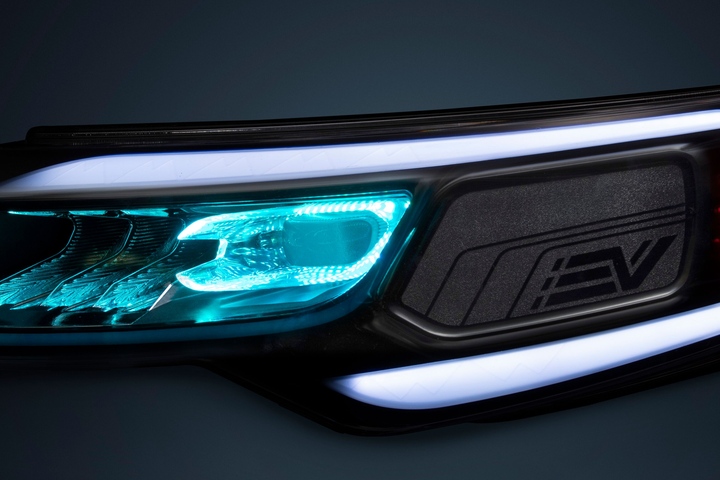COVESTRO
Launch of PCR polycarbonates made from ELV headlamps
— By Plasteurope.com correspondent —
Petrochemicals giant Covestro (Leverkusen, Germany; www.covestro.com) has launched a new line of post-consumer recycled (PCR) polycarbonates made from end-of-life automotive headlamps. The material was developed via a German government initiative led by the country’s main development agency, the German society of international cooperation, GIZ (Bonn; www.giz.de).
Petrochemicals giant Covestro (Leverkusen, Germany; www.covestro.com) has launched a new line of post-consumer recycled (PCR) polycarbonates made from end-of-life automotive headlamps. The material was developed via a German government initiative led by the country’s main development agency, the German society of international cooperation, GIZ (Bonn; www.giz.de).
 Old headlamps get a new life (Photo: Covestro) |
Covestro’s partners on the project included Volkswagen and Chinese electric vehicle manufacturer NIO (Shanghai; www.nio.com). The PCRs, which Covestro said are now commercially available, have been certified by German testing agency TÜV Rheinland and are said to contain 50% recycled material. Dealing with end-of-life vehicles has been an issue for materials suppliers, industry, and the environment for some time.
Related: Coalition launches ELV feasibility study
The increasing use of recyclable materials from old cars – including steel, copper, and plastics – has been pushed through by various pieces of legislation including the EU’s ELV Directive. The EU revealed that around 6 mn vehicles reached the end of their useful lives annually and were treated as waste.
The directive sets targets for the recovery, reuse, and recycling of ELVs, including mandating that 25% of the plastics used to build a new vehicle must be from recycled sources.
Lily Wang, Covestro’s global head of the engineering plastics, said, “By offering high-quality PCR materials derived from end-of-life headlamps, we’re enabling our customers to meet increasingly stringent regulatory requirements, while contributing to closed-loop recycling of automotive plastics.”
29.04.2025 Plasteurope.com [257866-0]
Published on 29.04.2025
